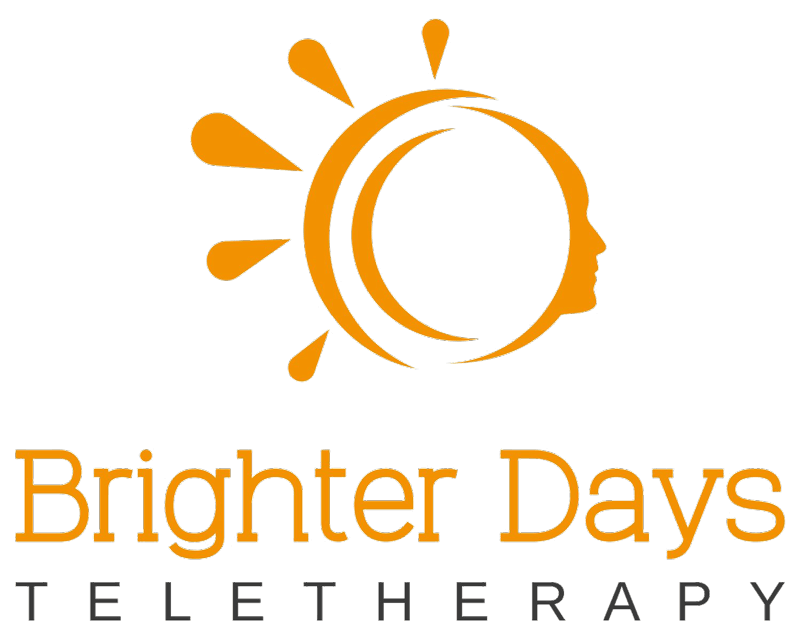Navigating the Mental Health Challenges of Traumatic Brain Injury Survivors
Recovering from a traumatic brain injury (TBI) is a deeply personal journey that encompasses not only the physical repercussions but also significant psychological hurdles. At Brighter Days Teletherapy, we understand the complexities that come with TBI and offer supportive, empathetic care through online therapy, helping individuals all across California find a pathway back to their best selves.
Understanding Traumatic Brain Injury (TBI)
Traumatic brain injuries are caused by a blow or jolt to the head that disrupts the normal function of the brain. The severity of a TBI can range from a mild concussion to severe brain damage, impacting various facets of an individual's life. While physical symptoms can be readily addressed, the mental health challenges that arise are often more difficult to recognize and treat. These issues may persist long after the physical injuries have healed, making mental health care a crucial part of the recovery process.
Common Mental Health Challenges Following TBI
1. Depression: Depression is one of the most frequent complications faced by TBI survivors. The struggle with a sudden change in lifestyle, chronic pain, or the loss of certain cognitive functions can lead to feelings of hopelessness and despair. Our online therapy sessions provide a space to address these feelings, helping clients develop strategies to cope with depression in the comfort of their own homes.
2. Anxiety: Post-TBI anxiety can manifest in various forms, including generalized anxiety disorder, panic attacks, or phobias. The uncertainty about recovery outcomes and changes in their ability to function can exacerbate these feelings. At Brighter Days Teletherapy, we offer specialized online sessions focusing on anxiety reduction techniques, tailored to each individual’s needs, ensuring that everyone in California has access to top-notch care.
3. Emotional Dysregulation: Survivors often find it hard to control their emotions. They may experience sudden mood swings, irritability, or episodes of anger. These symptoms can strain personal relationships and complicate social interactions. Our therapists are skilled in helping clients understand and manage these emotional responses effectively through online therapy.
4. Cognitive Challenges: Though primarily considered under the umbrella of physical recovery, cognitive impairments like memory loss, lack of concentration, and difficulty in making decisions also affect mental health. Cognitive rehabilitation therapy, offered online by our California-based therapists, can assist in enhancing cognitive functions and alleviating the related stress and frustration.
5. Post-Traumatic Stress Disorder (PTSD): If the brain injury was the result of a traumatic event, such as an accident or military combat, the survivor might also suffer from PTSD. This can involve flashbacks, severe anxiety, and avoidance behaviors related to the trauma. Brighter Days Teletherapy provides specialized PTSD treatments online, helping to heal the psychological wounds associated with traumatic events.
6. Behavioral Changes: TBI can lead to changes in behavior, such as impulsivity, aggression, or a perceived personality change. These behaviors can be perplexing and distressing to both the individual and their loved ones. Our therapists are trained to work with TBI survivors to understand these changes and develop strategies to manage them.
7. Social Isolation: Dealing with the aftereffects of a TBI can often lead to withdrawal from social activities due to embarrassment, fear of judgment, or the challenges in communication. Online therapy provides a platform to engage socially in a low-pressure environment, helping to rebuild confidence in social interactions.
The Role of Online Therapy in Supporting TBI Survivors
Brighter Days Teletherapy understands the importance of accessible and convenient mental health services, especially for those dealing with the complex effects of a traumatic brain injury. Our online therapy services are designed to meet you where you are, providing:
Flexibility: Schedule sessions that fit within your lifestyle, accommodating your physical and mental energy levels.
Comfort: Engage in therapy from the safety and comfort of your own home.
Specialized Care: Access to therapists who are experienced in dealing with the nuances of TBI-related mental health issues.
Family Inclusion: Opportunities to involve family members in sessions, enhancing understanding and support within the family unit.
Traumatic brain injuries can alter a person's life in profound ways, but mental health challenges do not have to define the recovery process. With the help of online therapy options like those offered by Brighter Days Teletherapy, survivors can tackle these challenges head-on, supported by compassionate professionals who understand their unique needs. Whether you're in the bustling cities or remote corners of California, our services ensure that effective help is just a few clicks away. Embrace the support, heal at your pace, and find your brighter days with us.

